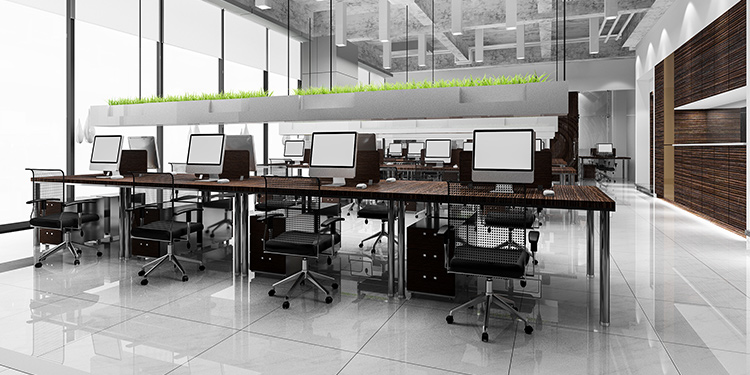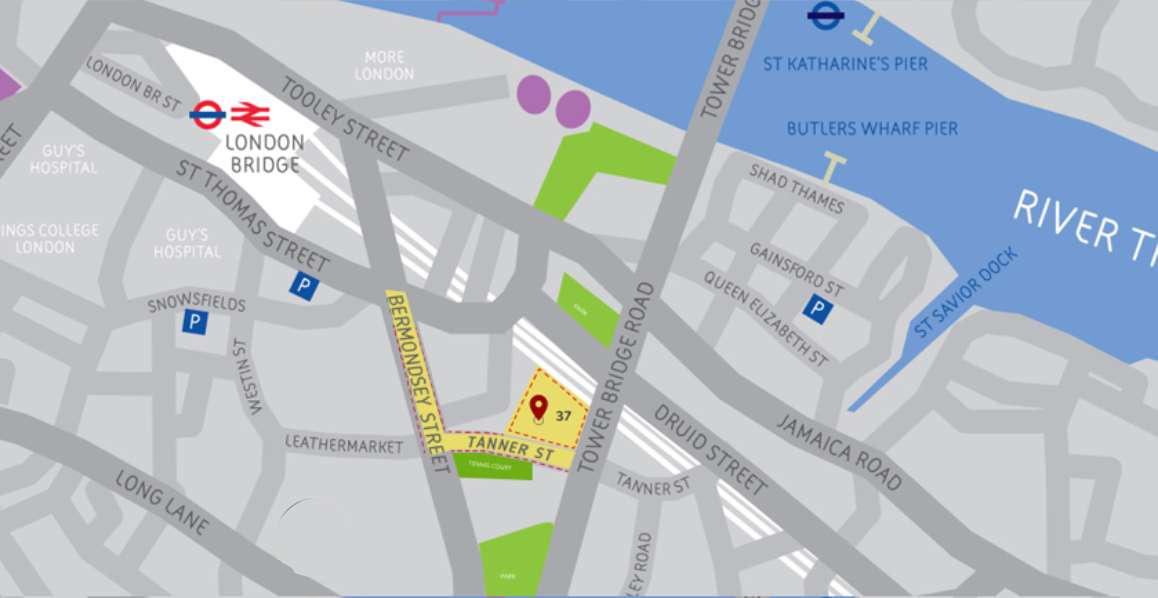Workplaces are undergoing a transformation. For small businesses, startups, and solo entrepreneurs dealing with a tough economy and new employee needs, the demand for flexible office environments is higher than ever. Long-term office leases don’t work well for smaller businesses as they have a limited budget, need to adjust their office size easily and quickly, and need to cater to hybrid working conditions. This is why they prefer flexible office spaces that are rentable by the hour, day, or month. These offer adaptability, affordability, and access to professional amenities without binding commitments.
This shift in approach is strategic and practical. Businesses now see that flexible setups help them grow, hire and keep the right people, and look professional to clients, even if their team is still small or new.
Why Flexibility Makes Financial Sense
Flexibility is a lifeline. Small businesses can face seasonal fluctuations or may require project-based scaling. Flexible office solutions help decrease the burden of long leases, allowing companies to adjust workspace requirements on a need-to basis. Approximately 55% of global occupiers now prefer flexible office arrangements, with 17% planning to increase their use in 2025.
This model also reduces risk. Businesses pay only for the space they actually need. Since there are no big upfront setup costs and it’s easy to move in or out, it helps manage cash flow wisely and keep costs under control.
Hybrid Work Has Become the Norm
In 2025, hybrid and remote work is the new “normal”. Companies mix working from home with in-office time, so they need spaces that can adjust accordingly. Regular offices are often empty, which wastes space, but flexible office spaces can be used when needed, making them far more efficient.
In London, flexible office spaces are growing quickly. Available flexible office space in London rose by more than 30% year-over-year by mid-2025, reflecting surging demand from both startups and established businesses adjusting to hybrid practices. Their easy access, prime locations, and ready-to-use setups make them very appealing, especially in busy areas where office space is prohibitively expensive.
Reduces Operational Overhead
Getting a regular office usually means big setup costs like buying furniture, setting up internet, security, and paying for utilities. With flexible office space, all these basics are included in one simple fee. Small business owners don’t have to worry about large up-front costs, as well as managing the office and can devote more time to running their businesses.
Studies show that well-designed offices make people happier and more productive. When offices add different types of work areas and green spaces, employee satisfaction goes up. In flexible office environments, comfortable lounges, meeting rooms, and wellness areas are de rigueur.
Reinvents Office Culture and Community
Working alone can feel isolating for remote workers and small teams. Coworking and flexible office space in London helps solve this by offering shared areas where people naturally connect. Research shows that these spaces encourage collaboration and may even lead to valuable partnerships and business growth.
High Demand, Limited Space
In London, the rise of flexible office space in London is a response to and a consequence of the limited availability of good-quality office spaces. London is expected to run short of about 10.8 million square feet of office space in the next five years. Because of this shortage, many companies are turning to flexible spaces. Since these offices are already built and ready to use, they quickly fill the gap and save businesses time and effort.
Green Offices and Employee Well-Being
Sustainability and well-being are now must-haves. More companies are looking for workspaces that are eco-friendly and support employee health. Flexible offices with energy-saving designs, green spaces, and comfortable layouts are rapidly gaining popularity.
Talent Attraction
A flexible work culture is an advantage. Most employees value flexibility in workplaces. This helps small businesses attract and retain good talent. In this sense, flexible office spaces become foundational.
Smart Workspace Evolution
Offices are becoming smarter and more adaptable. New setups use technology like sensors, IoT, and cloud tools to make workspaces more personalised and efficient. These tech-enabled flexible office spaces help employees work better and make the best use of space. While still new, such features are quickly becoming a part of modern workplaces.
Conclusion
Small businesses are gravitating toward flexible office solutions in 2025 because they deliver everything a business requires sans the rigidity of traditional leases or the expense of buying real estate.
Located in one of London’s most vibrant neighbourhoods, Garden Office Bermondsey provides private office spaces and meeting rooms designed for businesses of all sizes.
With fully serviced office space near London Bridge, you get the benefit of modern facilities, all without the burden of long-term contracts. Garden Office Bermondsey makes it easy to focus on growing your business while everything else is taken care of.
Book your office space at Garden Office Bermondsey today!





